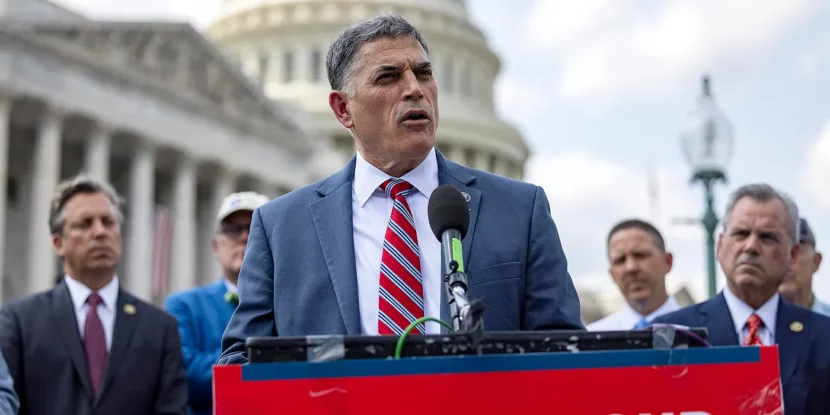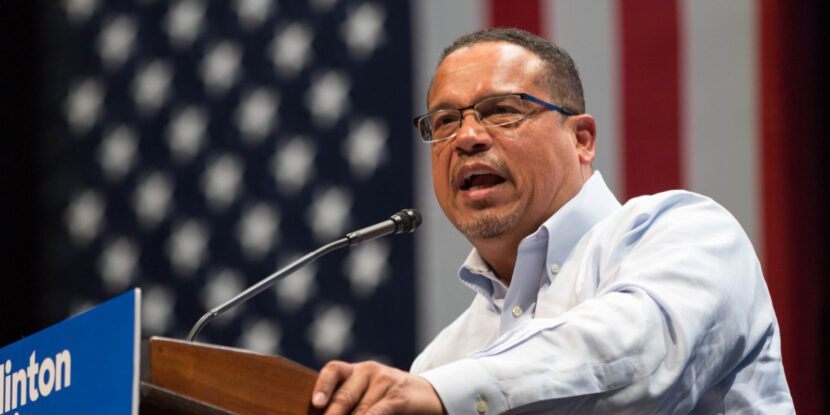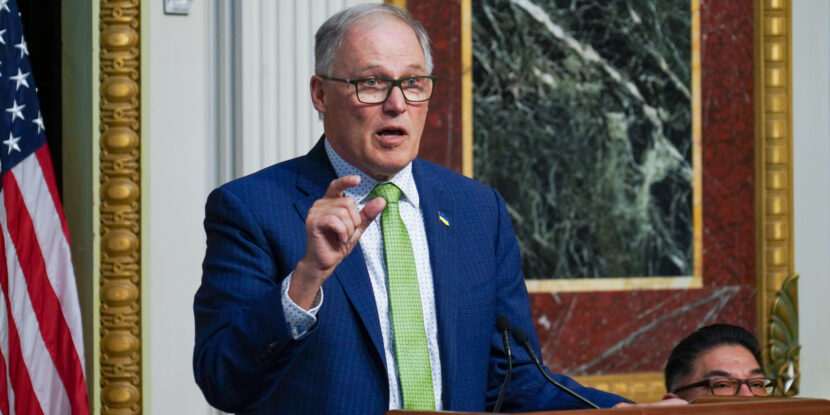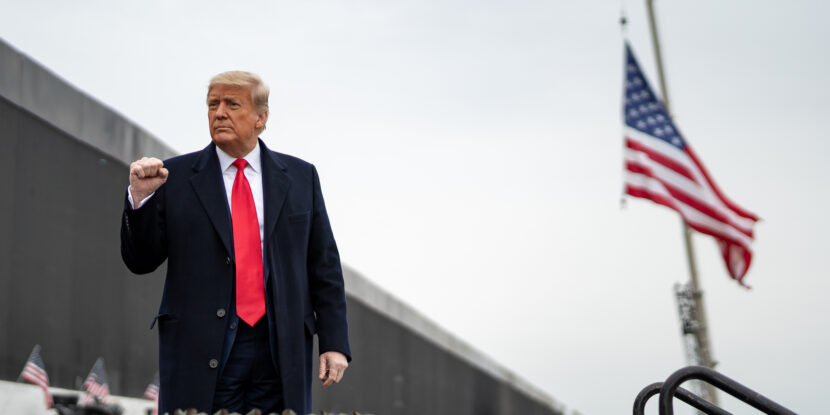Two budget amendments introduced by Rep. Andrew Clyde (R-Ga.) aim to push the two federal and two state prosecutions of former President Donald Trump until after the 2024 presidential election. Clyde says he plans to amend the Commerce, Justice, Science, and Related Agencies 2024 appropriations bill with language that would “…prohibit the use of federal funding for the prosecution of any major presidential candidate prior to the upcoming presidential election on November 5th, 2024.”
The Georgia Congressman called the four pending prosecutions of Trump “sham indictments”, adding they are “… intended to smear and take down President Trump, as well as hinder his ability to campaign effectively.” Clyde stated that, “One amendment would prevent taxpayer dollars from funding federal prosecutions, while a second would prohibit funding for state prosecutions.”
U.S. District Judge Tanya Chutkan has set a trial date for President Trump's sham J6 related prosecution for March 4, 2024.
This is ONE DAY before Super Tuesday.
We must DEFUND this blatant election interference.
— Rep. Andrew Clyde (@Rep_Clyde) August 28, 2023
The upcoming Fall appropriations process will include 12 ‘must pass’ budget bills necessary for funding the functions of the U.S. federal government. Some members of the House Republican Conference view the budget appropriations process as an opportunity to secure the passage of legislative agenda items that would otherwise not pass as stand alone legislation.
Last week the House Freedom Caucus announced their list of demands for House Speaker Kevin McCarthy to include in a government funding stop-gap measure when Congress resumes its legislative session after Labor Day. The legislative items include further reductions in federal spending levels, a House Republican border security bill that would fund border wall construction and place additional limits on asylum seekers, and a vague ask to address the weaponization of the DOJ.
The stop-gap funding bill, in the form of a Continuing Resolution, will be needed to fund the government as Congress is unlikely to pass the twelve appropriations bills to fund the government before the start of the new fiscal year on October 1st.




















